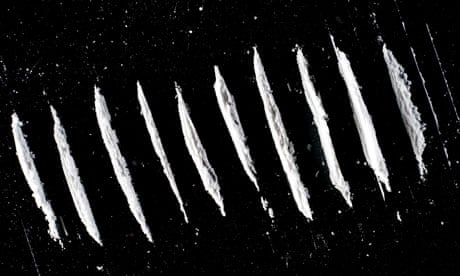The global war on drugs has failed and governments should explore legalising marijuana and other controlled substances, according to a commission that includes former heads of state and a former UN secretary general.
A new report by the Global Commission on Drug Policy argues that the decades-old "global war on drugs has failed, with devastating consequences for individuals and societies around the world." The 24-page paper was released on Thursday.
"Political leaders and public figures should have the courage to articulate publicly what many of them acknowledge privately: that the evidence overwhelmingly demonstrates that repressive strategies will not solve the drug problem, and that the war on drugs has not, and cannot, be won," the report said.
The 19-member commission includes former UN chief Kofi Annan and former US official George Schultz, who held cabinet posts under Ronald Reagan and Richard Nixon. Others include former chairman of the US Federal Reserve Paul Volcker, former presidents of Mexico, Brazil and Colombia, the authors Carlos Fuentes and Mario Vargas Llosa, the businessman Sir Richard Branson and the Greek prime minister, George Papandreou.
Instead of punishing users, who the report says "do no harm to others", the commission argues that governments should end criminalisation of drug use; experiment with legal models that would undermine organised crime syndicates; and offer health and treatment services for drug-users in need.
The commission called for drug policies based on methods empirically proven to reduce crime, lead to better health and promote economic and social development.
The commission is especially critical of the US, which its members say must lead changing its anti-drug policies from being guided by anti-crime approaches to ones rooted in healthcare and human rights.
"We hope this country [the US] at least starts to think there are alternatives," said the former Colombian president César Gaviria.
The office of White House drug tsar, Gil Kerlikowske, said the report was misguided.
"Drug addiction is a disease that can be successfully prevented and treated. Making drugs more available – as this report suggests – will make it harder to keep our communities healthy and safe," spokesman said, citing statistics showing declines in US drug use compared with 30 years ago, along with a more recent 46% drop in current cocaine use among young adults over the last five years.
The report cited UN estimates that opiate use increased 34.5% worldwide and while the use of cannabis, or marijuana, was up 8.5%.
